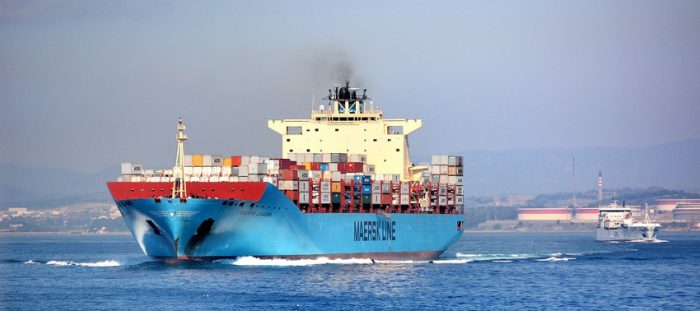
Shipping companies do not implement the IMO 2020 regulations
21 January, 2020US updates IMO 2020 enforcement policy
Vessel industry representatives have been skeptical about the ability of regulators in the U.S. and around the world to keep unscrupulous shipowners from cheating by burning cheaper, noncompliant fuel — thereby gaining a significant cost advantage over those that comply.
“The failure to have compliant fuel on board of a vessel will be viewed as a failure of preparedness, not a failure of accessibility of resources,” Chalos cautioned. “In addition, the DOJ perceives that there are vessels breaking the rules each day and strongly believes in its mission to seek out noncompliance and prosecute alleged criminal activity accordingly.”
To show inspectors that they are complying with IMO 2020, Chalos advised that shipowners and operators keep critical documentation on their vessels, including:
· Bunker delivery notes, to be retained onboard for a minimum of three years
· Bunker transfer procedures, as well as preloading plan and declaration of inspection retained for at least thirty days
· Declaration that fuel conforms to MARPOL Annex VI and does not exceed maximum sulfur content
· Fuel changeover plan Oil Record Books (with accurate and timely information properly recorded)
· Fuel oil non-availability reports (FONAR).
Categorized in:New
This post was written byTL Pacífico


Comments are closed here.